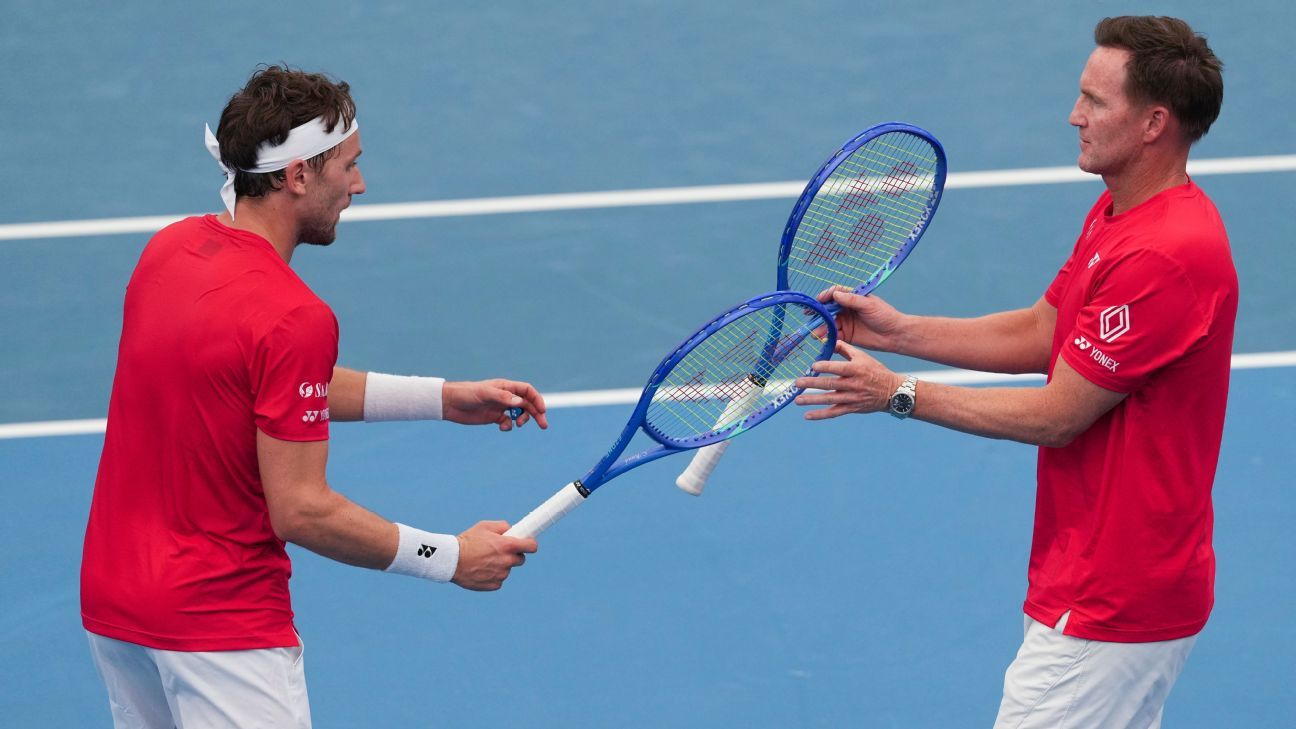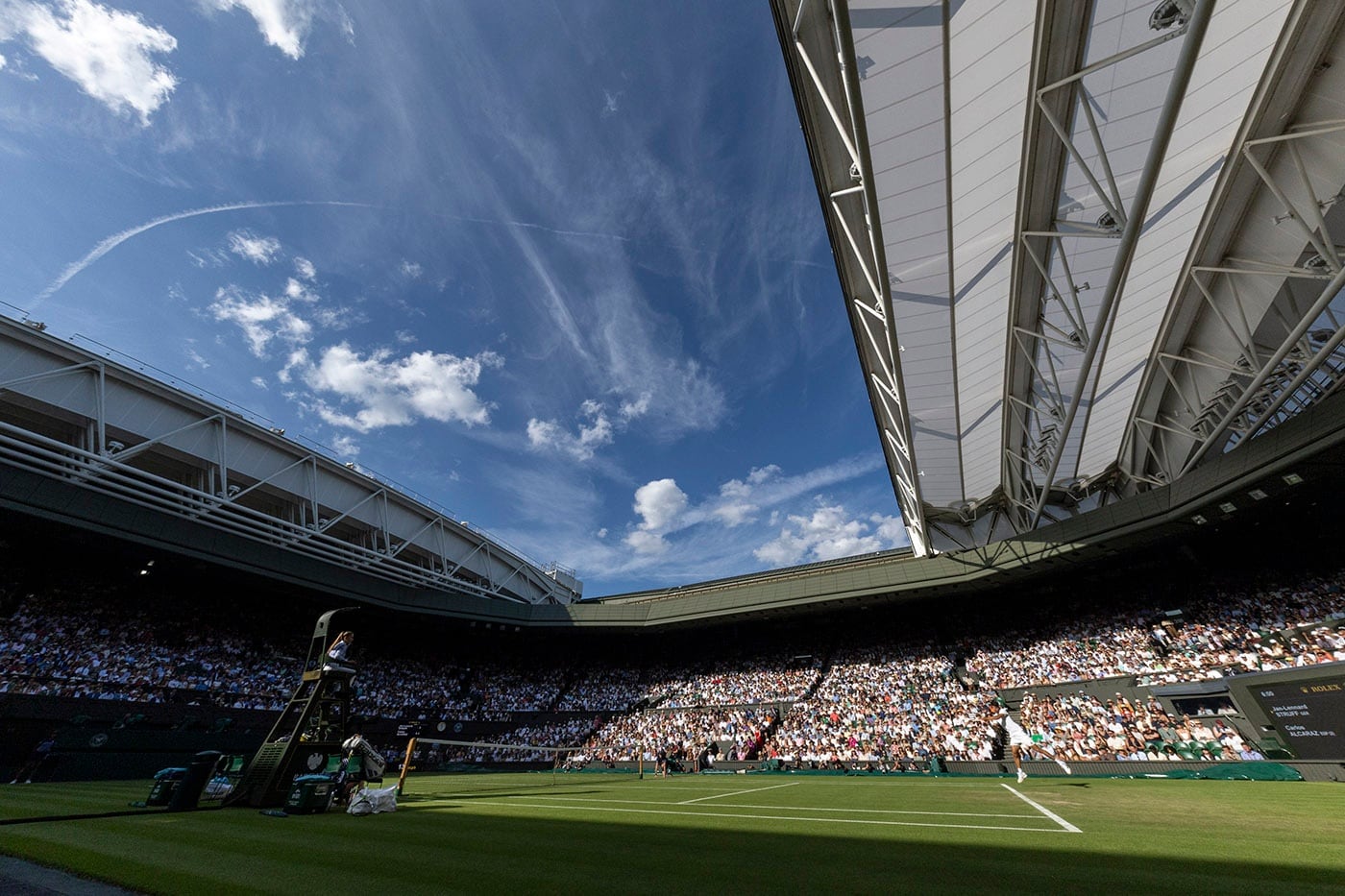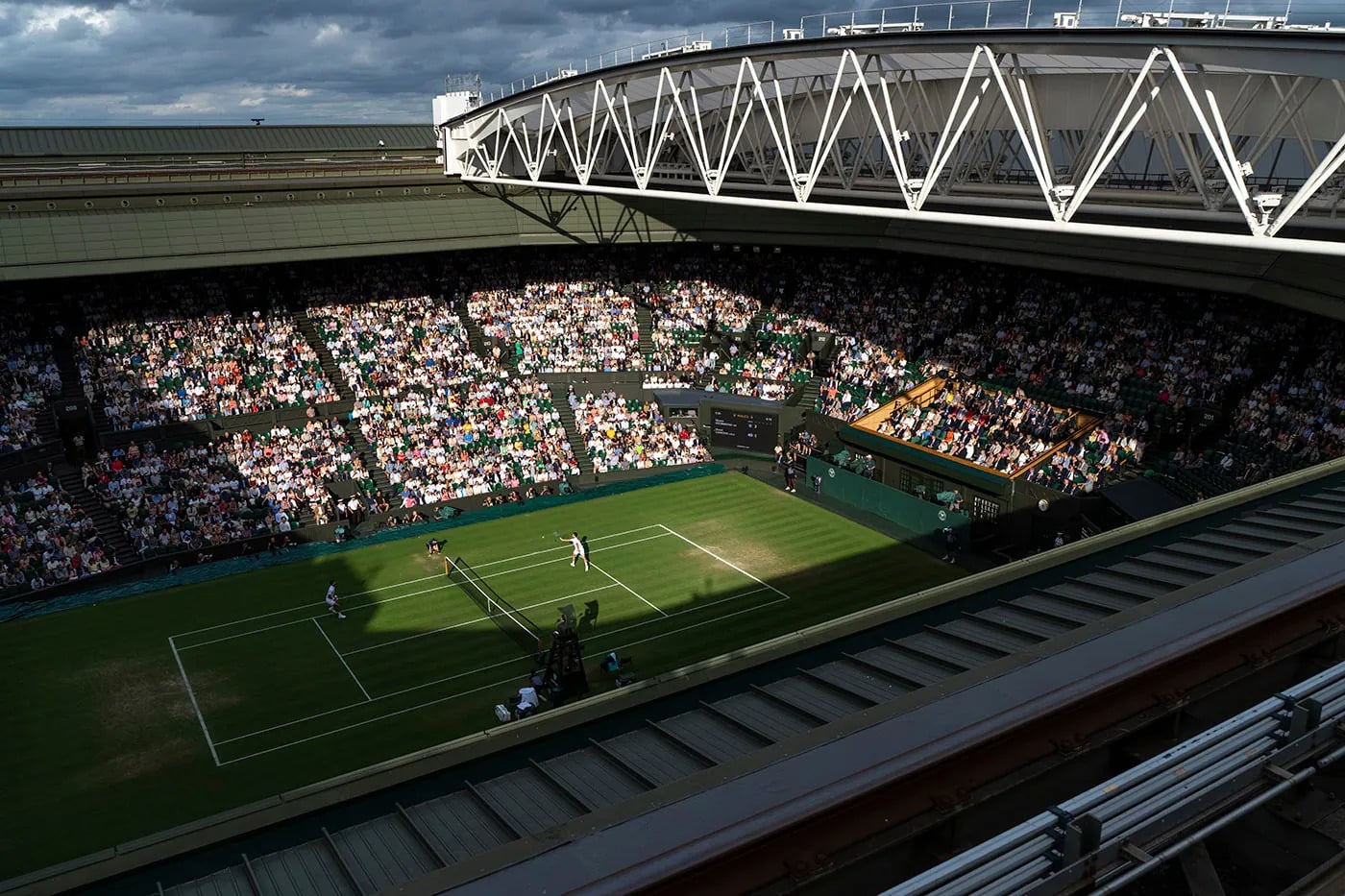As professional tennis continues to captivate audiences worldwide, a noteworthy trend has emerged: a significant number of top players are the offspring of former athletes. This dynamic not only shapes their careers but also influences their relationships with their parents, often leading to a fascinating mix of competition and camaraderie on and off the court.
One of the rising stars, Ben Shelton, shares a unique perspective on this phenomenon. The young American, trained by his father Bryan Shelton, recalls his father’s reluctance to engage in direct competition. In a recent interview, Shelton revealed, “My dad never let me play against him. I don’t think he ever will let me play him. He probably still thinks he can beat me.” Despite the competitive nature of tennis, Shelton enjoys a playful banter with his father regarding his future aspirations.
Casper Ruud, another top player and son of former pro Christian Ruud, has had his own spirited history with competition against his dad. He reminisced about their matches during his teenage years, where scores and bets were introduced to heighten the stakes. “If my dad beat me, I owed him $20, but if I kept it close or won, I earned some cash,” Ruud said. After their playful gambling sessions, the Norwegian began to demonstrate his rising skill level at around 14 years old, marking a turning point in their competitive relationship. “His curve was going this way (down), and mine was going this way (up). At some point, we would cross paths.”
Maria Sakkari represents a different narrative, experiencing a mother’s guiding hand instead of a direct competition. With her mother, Angeliki Kanellopoulou, also in the sport, Sakkari enjoyed training sessions with her before an injury curtailed her mother’s active playing career. Reflecting on their relationship, Sakkari emphasized the importance of her mother’s support rather than a rivalry. “She really enjoys the fact that I became better than her. It’s crucial that she maintains her role as a mother while giving me advice,” Sakkari articulated.
Denis Shapovalov, the Canadian talent, also faced a unique upbringing in tennis. Coached by his mother, Tessa Shapovalova, who had previously experienced professional competition, Shapovalov noted they rarely played match-style games against each other. “There are YouTube videos of us doing point situations, but we never played full sets,” he shared, reflecting fondly on those formative experiences.
Meanwhile, Seb Korda, son of former Australian Open champion Petr Korda, finds himself still in pursuit of victory against his parents. “I have never beaten either of them,” he admitted, recalling his last match with his father at age 13, which resulted in a crushing defeat. Korda expressed his admiration for his father, calling him an idol, and explained the complexity of competing against someone you deeply respect.
In a different light, Jack Draper’s journey to surpassing his father, Roger Draper, has been more gradual. “I think it wasn’t until I was about 12 or 13 that I could beat my dad,” he reflected. With a competitive environment spurred by his older brother, Draper recognized the importance of family rivalry in fostering his success.
For Taylor Fritz, the stakes were elevated as he sought to surpass his mother, Kathy May, who once entered the top 10 rankings globally. “Beating my mom was a big deal, but I think it was a bigger deal when I passed her in the rankings. That meant I was the best player in the family,” Fritz stated as he proudly embraced his ascent within the sport.
As the sport evolves, these narratives highlight the deep intertwining of familial bonds and competition in tennis, revealing how legacies are shaped and how the next generation navigates the challenges of living up to their parents’ achievements. The journey of each player underscores that while competition is a hallmark of tennis, so too is the rich tapestry of family heritage, support, and the unique relationship that comes with it.



